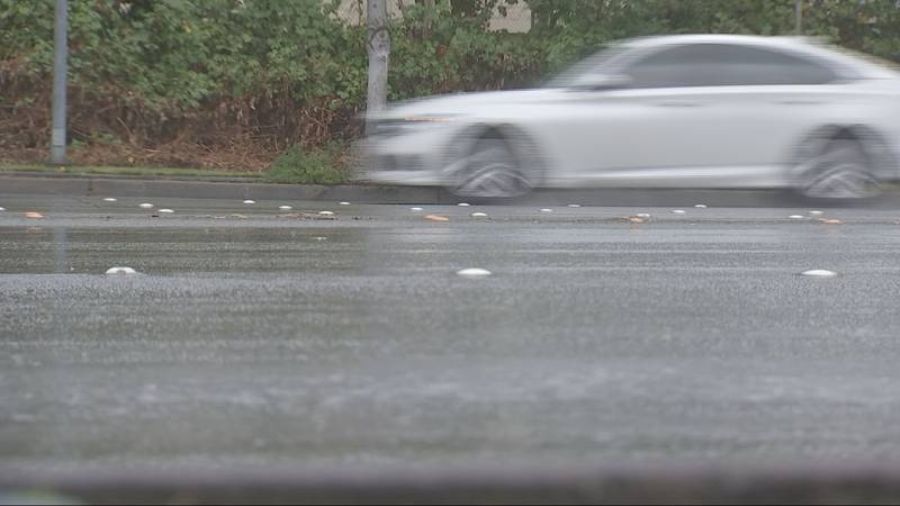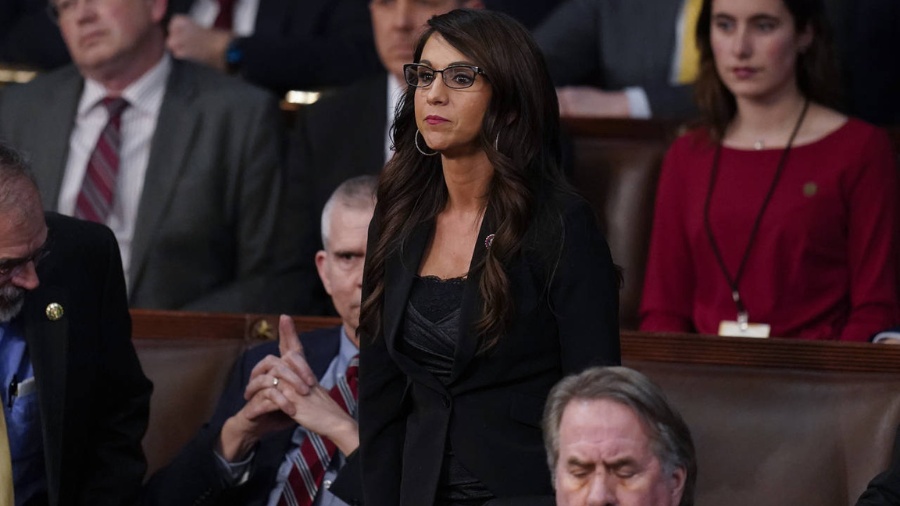Seattle professor: SCOTUS ignored clear animus in travel ban case
Jun 27, 2018, 11:11 AM | Updated: 1:23 pm

(AP Photo/Jacquelyn Martin)
(AP Photo/Jacquelyn Martin)
A Seattle University law professor says the Supreme Court ignored clear evidence that President Trump’s travel ban was clearly about religion.
RELATED: Supreme Court upholding travel ban is ‘abhorrent’
Seattle University Professor Robert Chang filed one of the amicus briefs in the case.
“You know, the courts are there, really, to prevent excesses of power,” he told Seattle’s Morning News. “They’re meant to operate as a check when the Legislature or the executive oversteps. If they don’t ask when there is evidence of animus there — if they say, oh, we’ll just ignore it — it allows an executive to do things like what I think is represented in the travel ban. It just allows for so much more mischief. You just have to be clever about how you do it and you get a few chances at it.”
Trump’s first two attempts at a travel ban were struck down. An amended proclamation was issued.
In the majority opinion, Chief Justice John Roberts wrote that President Trump worked within his authority over immigration and national security.
“The president lawfully exercised that discretion based on his findings – following a worldwide, multi-agency review – that entry of the covered aliens would be detrimental to the national interest,” Chief Justice Roberts said.
That statement, Professor Chang says, shows that so long as they say there was a process, it doesn’t seem to matter if there is animus motivating the decisions being made. He says he’s concerned that Supreme Court justices didn’t take into account some of Trump’s statements on Twitter.
“Because what it allows, then, is for government officials to act based on animus, but then if they do it with a fake neutral law or document, then maybe they can get away with it. And to me, that’s really dangerous to our civil society.”
Chang compares the court’s decision to the notorious Korematsu case in 1944 that upheld the constitutionality of ordering Japanese Americans into internment camps in 1944. Professor Chang knows quite a bit about this because he founded and directs the Korematsu Center at Seattle U.
Korematsu and the travel ban
Chang says the court made a mistake because even though the language in the travel ban clearly invokes national security and not religion, the president made no secret during his campaign of his distrust of all Muslims. Trump never really disavowed his anti-Muslim tweets.
“Those were the questions that Justice Kennedy asked during the oral arguments. Has he disavowed them? And the solicitor general said yes and he offered the day of September 25. It turned out he hadn’t done any such thing on that date and the solicitor general actually had to send a letter to the court correcting that misstatement that he made to the court.”
Professor Chang finds these circumstances a little too similar to the way government officials viewed Japanese immigrants in World War II.
In her dissent, Justice Sonia Sotomayor likened the travel ban case to the discredited Korematsu case. She “points out that what you’ve really done is redeployed the logic underlying the Korematsu case,” Change explained. “Though you disavowed it, you brought it back to life.”
Justice Roberts argued that the Korematsu case has “nothing to do with this case.”
The question then is: Did the Supreme Court set in place legal internment of an ethnic group?
Change says he hopes political will won’t allow for something like the incarceration of Japanese-Americans. However, in terms of legal architecture, it’s not out of the question.














